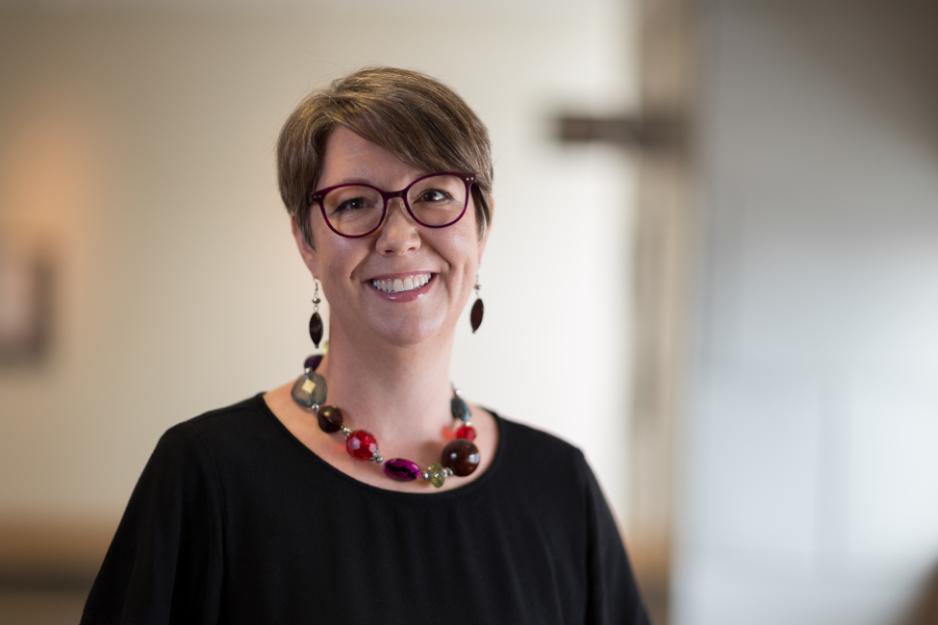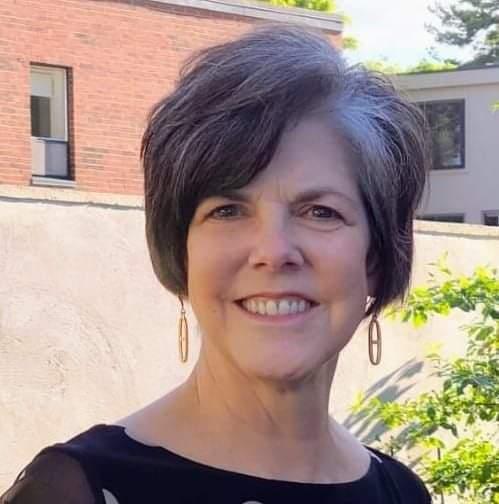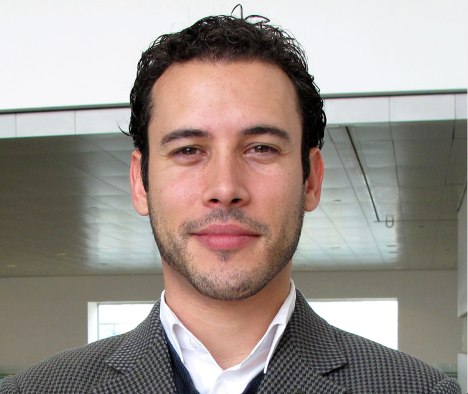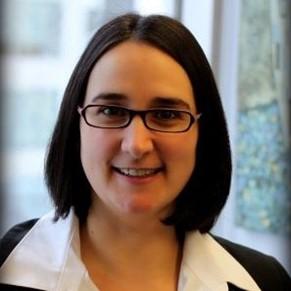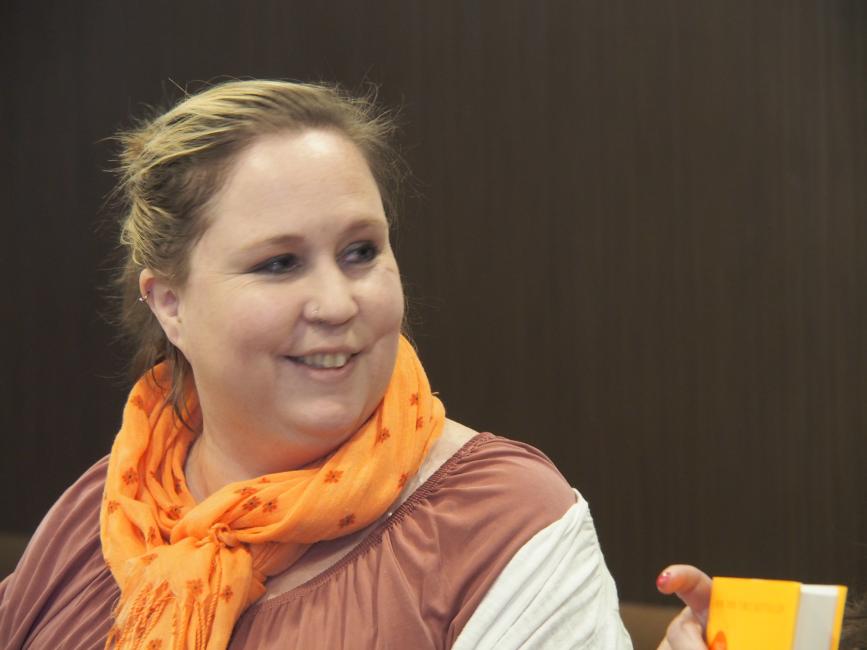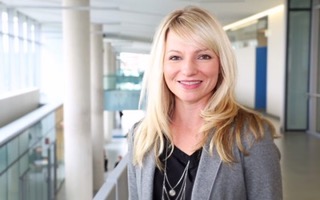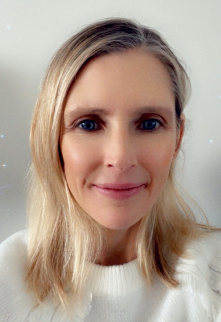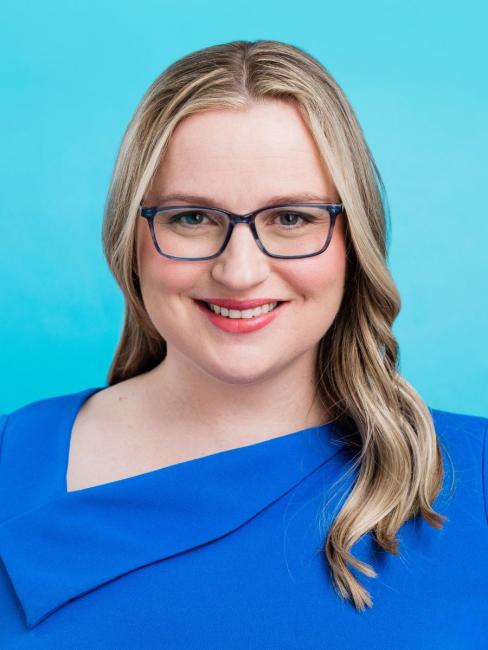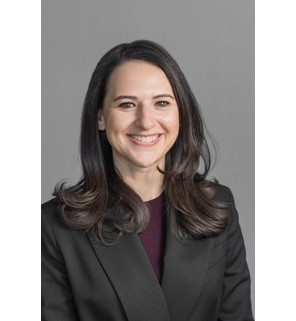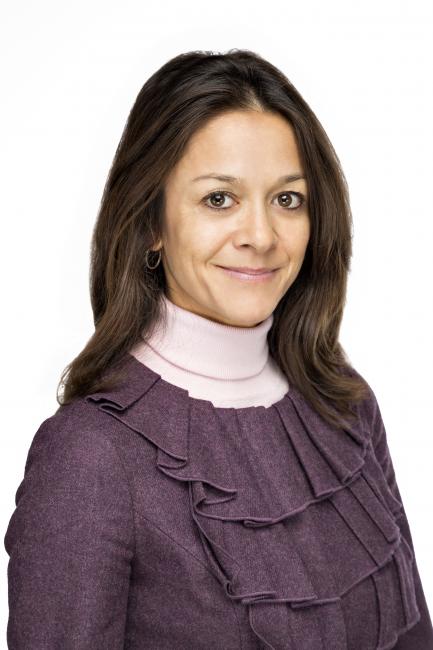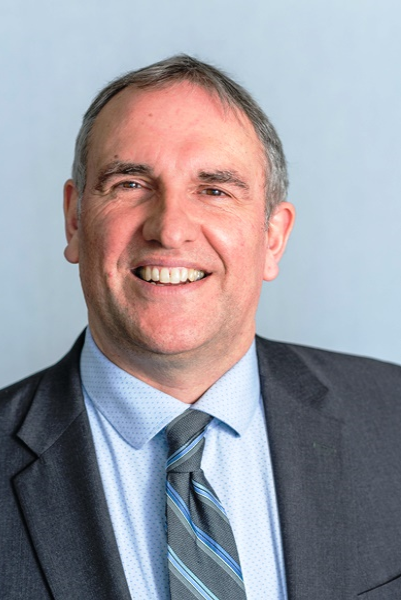Webinar - Understanding Autistic Burnout, Inertia, Meltdown, and Shutdown (BIMS) with Dr. Christie Welch
Dr. Christie Welch has been researching Burnout, Inertia, Meltdowns, and Shutdown (BIMS) from the perspectives of autistic children, youth, and adults. In this webinar, Dr. Welch will share her research findings including how her autistic co-researchers describe and experience BIMS and what they found helpful. We will also discuss the importance of including the lived autistic experience by using terms that come from the autistic community when refining the definition of BIMS. Finally, we'll explore the BIMS self-management tools that Dr. Welch's research team has under development.
This webinar is appropriate for autistic youth, adults, and their families as well as professionals working with this population. For more information on this topic, please see the additional resources attached below.
Speaker: Dr. Christie Welch
Christie Welch Ph.D., OT Reg. (Ont.) is a registered Occupational Therapist who has been practicing since 2001. She completed a Ph.D. in Rehabilitation Science at the University of Toronto and a postdoctoral fellowship at the Bloorview Research Institute. Christie is passionate about building a new understanding of autism that is based on the perspectives of people who identify as autistic. Her research focuses on experiences identified as important by autistic people; specifically, burnout, inertia, meltdown, and shutdown. She is currently an Assistant Professor, Teaching Stream at the University of Toronto.
Disclaimer: Opinions reflected in this webinar are those of the speaker(s) and presenter(s), and do not necessarily reflect Autism Ontario’s views. Please note Autism Ontario does not endorse any specific therapy, product, treatment, strategy, opinions, service, or individual. We do, however, endorse your right to information. Autism Ontario strongly believes that it is important to do your own research and make your own informed decisions.

